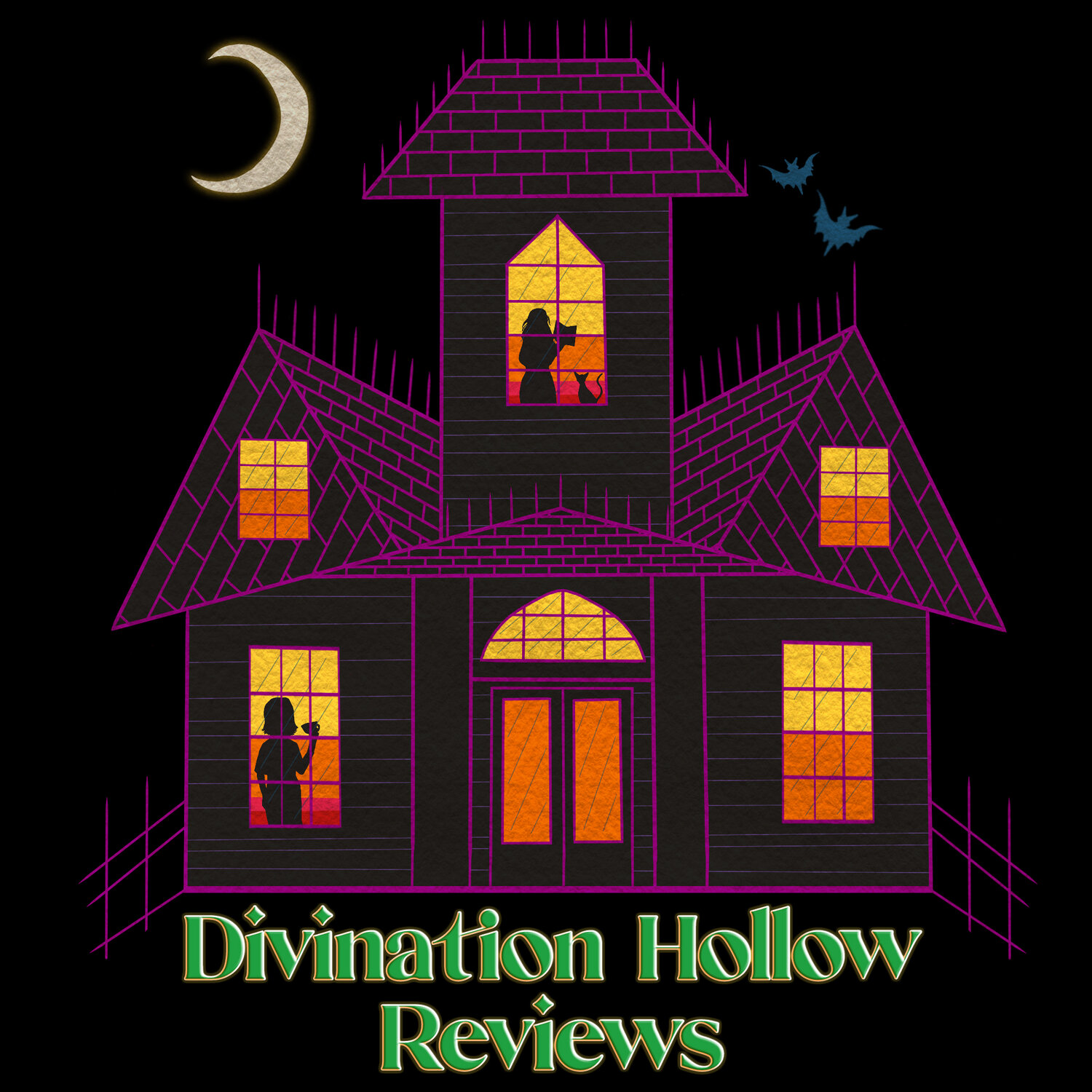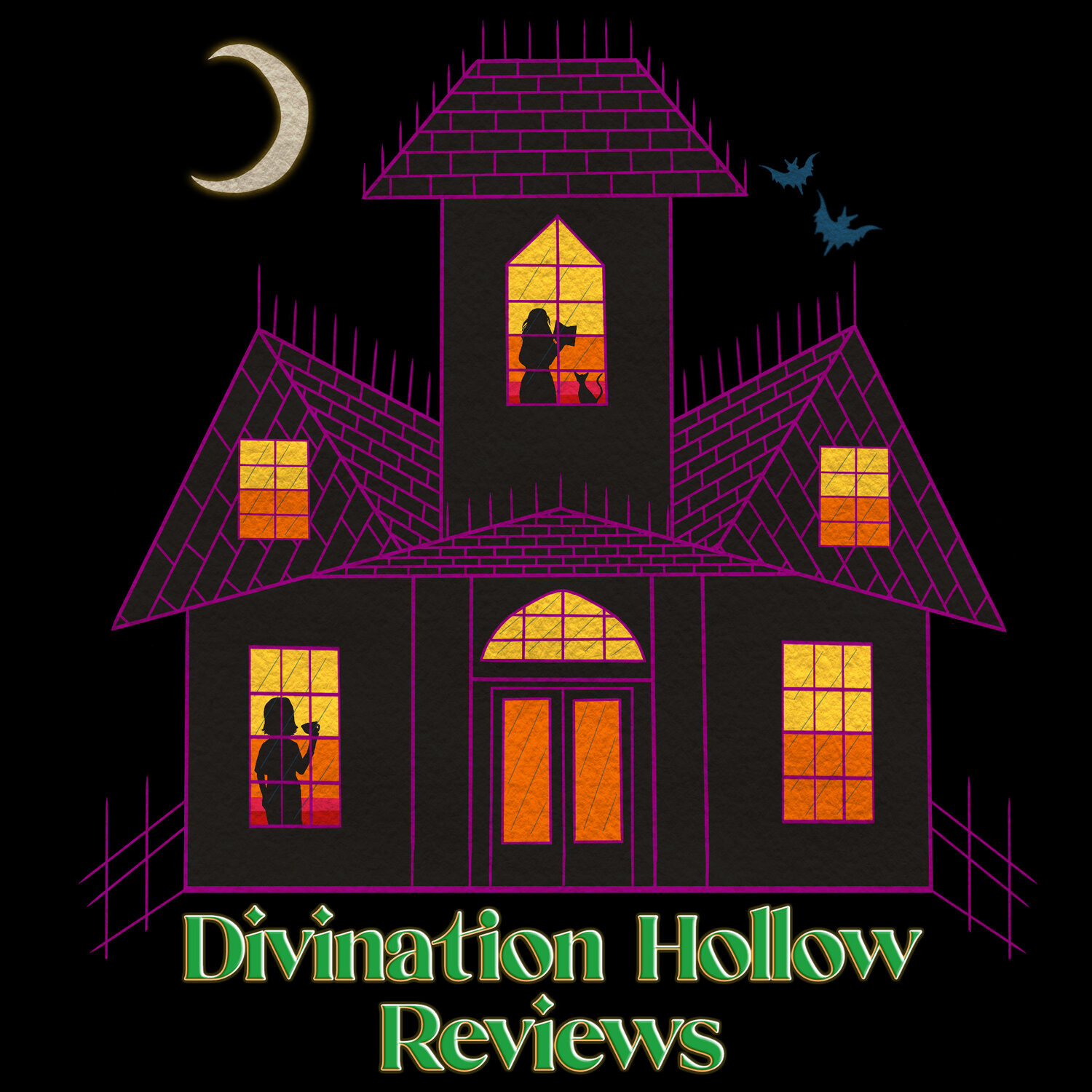My Friend Trigger
Editors’ Note: This essay may contain sensitive content.
I don’t often engage in polarizing subjects, but this train won’t stop rumbling through my mind. Trigger warnings, are they necessary, even mandatory, or is that infringing on a reader’s right to avoid spoilers and placing undue pressure on authors?
I can see both perspectives and offer empathy to anyone whose life has been negatively altered, whose mind careens downward at the mention of their trauma. Still, I don’t believe an author should be crucified if they haven’t included a tag.
This debate can go on ubiquitously or we can come to an agreement on a general guidance scale much like those carried by film and video game industries. Something generic enough to avoid spoiling the plot but with enough clear acceptance to be easily interpreted. IMBD is more in depth than the coded packages, including a parent’s guide for those that want a more accurate account of the content. I believe the same could be done for literature, heck one of you could even start a monetized service if you were so inclined. That might be enough to turn down the heat of this debate. The possibility of gaining readers shouldn’t be overlooked. You’ve probably heard “It’s full of crazy sh*t. You gotta watch it!” or “You’ll laugh the entire time!” maybe even “It’s really sexy, you two should check it out”. Books carry this same excitement if the endorsements are easy to find. I believe that an IMBD type of service for books could spread this love of ours instead of being detrimental, even more than a synopsis or blurb IF people knew about it.
Switching gears towards an understanding of why someone wouldn’t want to tag their books, maybe an author believes tagging their work will kill the sale. Afterall, this is their livelihood, nobody wants to lessen their income. Their point is boldly made because I have avoided a read in anticipation of an uncontrollable moment. Andy Cull, if you’re listening, I am going to read Remains. He’s a great writer and a truly nice fellow - that book is about the loss of a child, a subject that I have tried to avoid for the last few years. My avoidance has nothing to do with Mr. Cull and everything to do with my headspace. For those of you that don’t know me, I lost my teenage daughter in a car wreck. That’s not exactly true. Skye was driving down a highway, lost control and hit another car head-on. The other driver left with a broken leg. Skye’s passenger, her boyfriend Ryan, died on impact. She was trapped by a locked seatbelt when the car caught fire. The ambulance was dispatched to the wrong area, bystanders tried to cut her loose, but the fire grew too fast, engulfing the car and my daughter.
I appreciate these wonderful strangers, and I am sorry for their nightmares. They live with the memory of her screams, something I have only second knowledge of but can imagine well enough to rip my soul apart every single time I let that thought enter. That’s the thing I’ve found truest about grief, time doesn’t ‘heal all wounds’. Time teaches you to lock those thoughts away as best you can. I have tried writing about Skye several times, succeeding only once by concentrating on the best times and quickly closing off the worst. And still, unexpectedly a song will come on or I see something she loved, and it devastates me. Through this, my appreciation of books has grown. Their ability to command the imagination, to transport you to other realities has saved me from drowning myself in alcohol or being reckless in other ways.
I started King’s Revival but stopped abruptly when I hit that wall. I had to learn to lock those thoughts away before I was able to finish the book. There were no trigger warnings, but I don’t fault the author for not including them. It was the condition of mind, my experience that caused me to halt. Recently I read Gemma Amor’s Cruel Works of Nature, Girl on Fire. For title alone, I set the book aside and checked my headspace. How long would I be home alone if the story zapped my psyche? To you that may sound odd, but I know myself enough to realize I need to be careful if I’m alone, the lockbox in my head is only so strong.
Thoughts have the strength of plants, we cement them off and yet, flora finds the tiniest crack, the weeds thrive. So, I’m careful these days, I give myself permission to stop before the tearing claws get a grip and sometimes, I just avoid it all together; that’s what trigger warnings are for. I read Gemma’s story and it was exhilarating! I am so glad I read it. Yes, sometimes that happens too.
Trigger warnings are about giving the reader a choice. Not imposing demands on authors but like reviews, they are a service to the reader. Would you like to know more? Offer the tags but don’t make them mandatory. Their usefulness could be invaluable if done properly. They don’t need to be plastered all over the book, but they should be available. There’s still a lot to discuss; which subjects should be included and whether tagging is dependent on a single instance or a pervasiveness, the symbols used, possible designation of age appropriate content. Will there be a central site for this information and what will we call it? The BID (Book Internet Database)- BookID- IBDB? It needs to be memorable, accessible, and fluid. Most of all it should bring us together.
By Michelle Enelen






